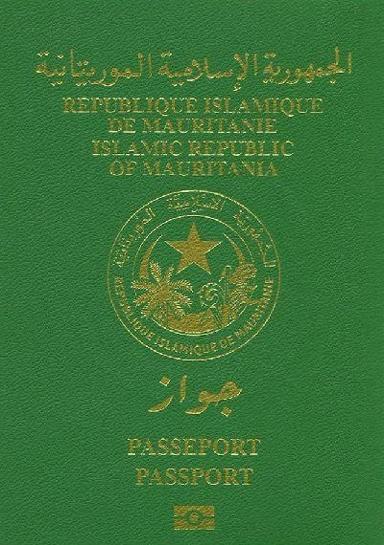Visa free access for Mauritania
As a Mauritania passport holder, you are permitted to travel visa-free to 94 countries and territories. This data is correct as of March 2024.
In order to travel visa-free, you will need a valid passport, often with at least six months until expiry. Additionally, you may need travel insurance, as required by your destination country.
Within these countries, there is often a separate section in airports where you can submit your Visa on Arrival. You will receive your visa on arrival (VOA) after entering the country that issued the visa.
Acquiring an eVisa follows the same process as applying for a traditional visa. The main difference with an eVisa is that you don’t need to visit a visa application centre. You can submit your application online, including making any payments relating to the visa.
Once the relevant authorities approve your application, you will receive a confirmation email regarding your visa status, along with a document that you must print and bring with you when crossing the border.
You will need a valid visa to enter the 94 countries with a Mauritania passport.
About Mauritania
Mauritania, officially known as the Islamic Republic of Mauritania, is located in Northwest Africa. It is bordered by the Atlantic Ocean to the west, Algeria to the northeast, Mali to the east, and Senegal to the southwest. As of 2020, the population stands at approximately 4.5 million people, with a diverse blend of ethnic groups including Moors, Black Africans, and others.
The country has a desert climate, with high temperatures and low rainfall. The coastal region is somewhat cooler and receives more precipitation, allowing for a more diverse array of flora and fauna. Despite the harsh climate, Mauritania is rich in natural resources, including iron ore, gold, copper, and offshore oil and gas reserves.
Mauritania’s economy is largely based on agriculture, livestock, mining, and fishing. However, the country faces challenges such as a high unemployment rate and economic inequality. The country is still developing its tourism industry, with attractions including the ancient cities of Chinguetti and Ouadane, the Banc d’Arguin National Park, and the Richat Structure, a geological circular feature visible from space.
Culturally, Mauritania is deeply rooted in Islamic traditions with Arabic being the official and most spoken language. The traditional music, dance, and cuisine reflect a blend of Berber, Arab, Black African, and French influences. Despite the challenges, the Mauritanian people are known for their warm hospitality and rich cultural heritage.

 Mauritania
Mauritania




































































































































































































